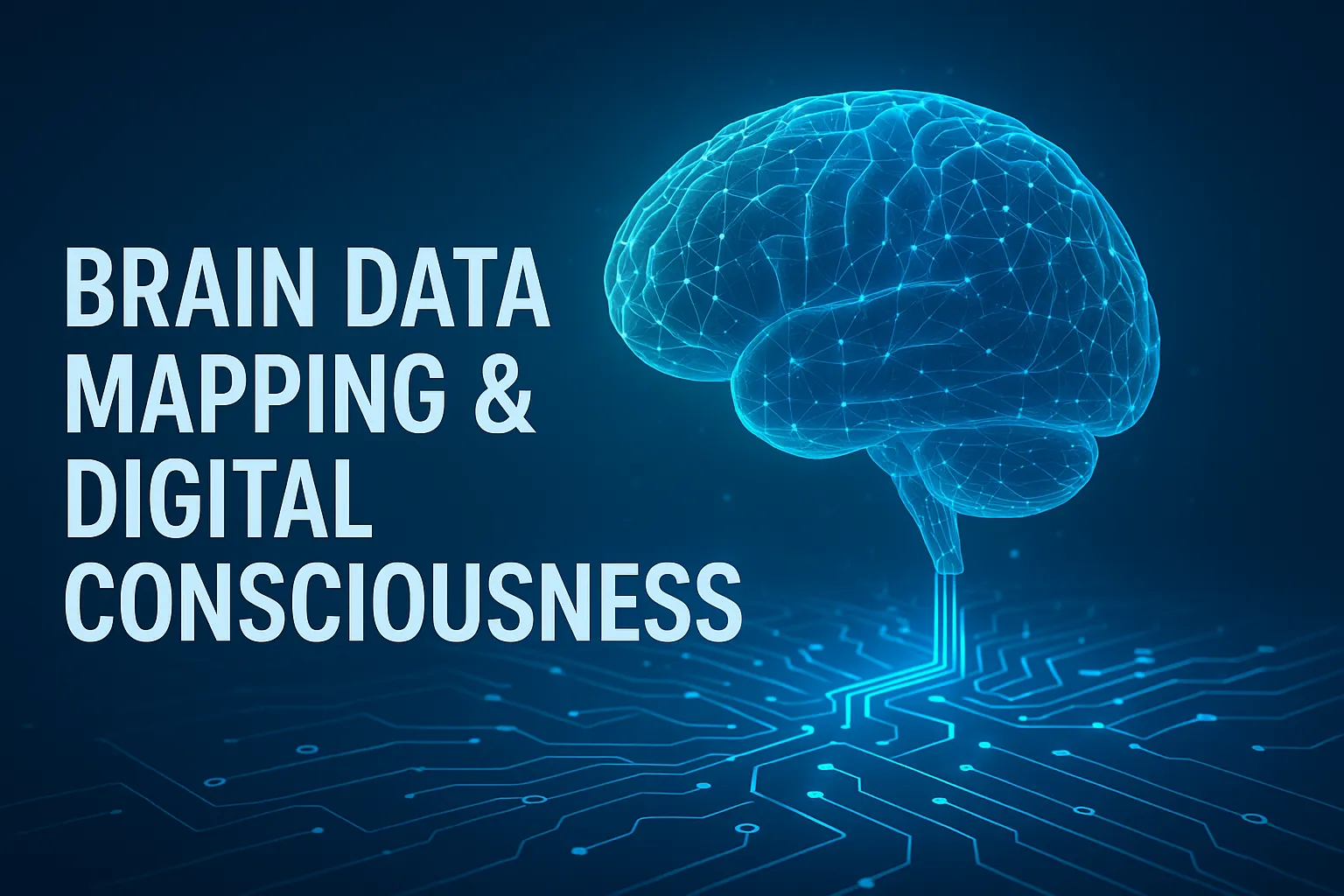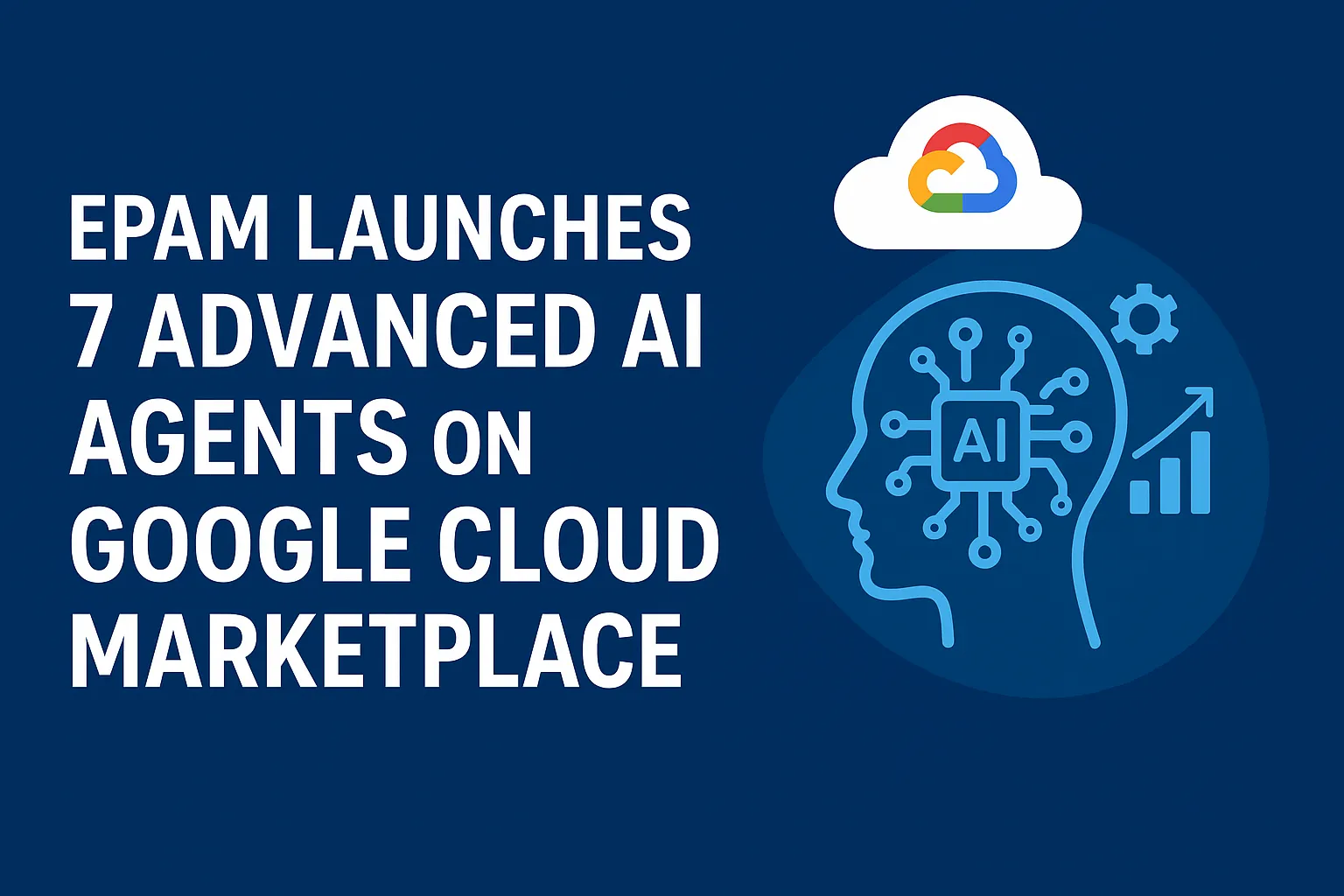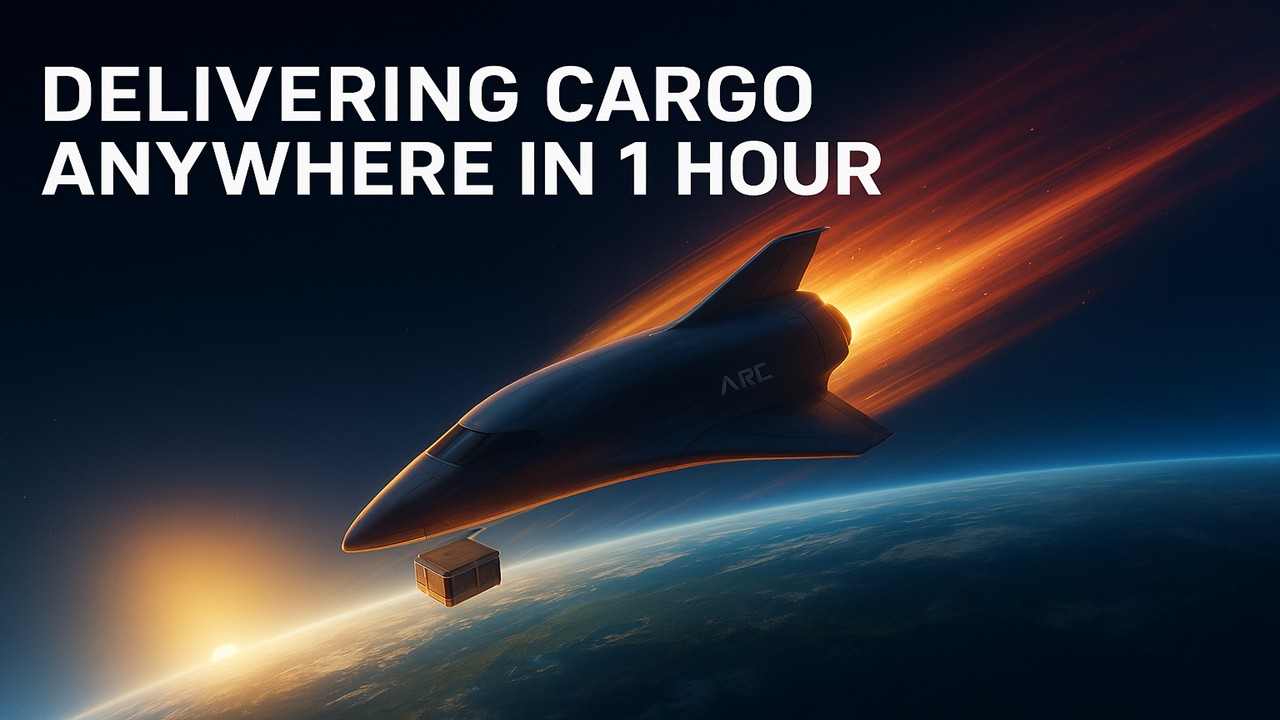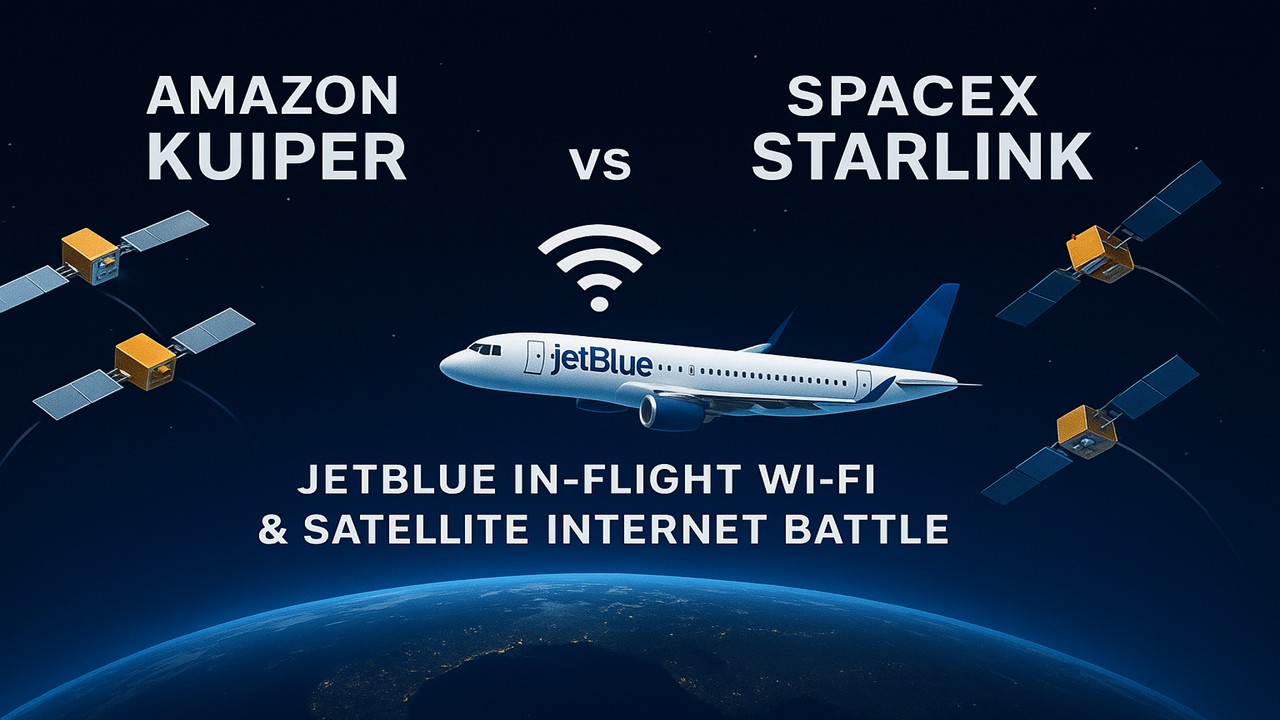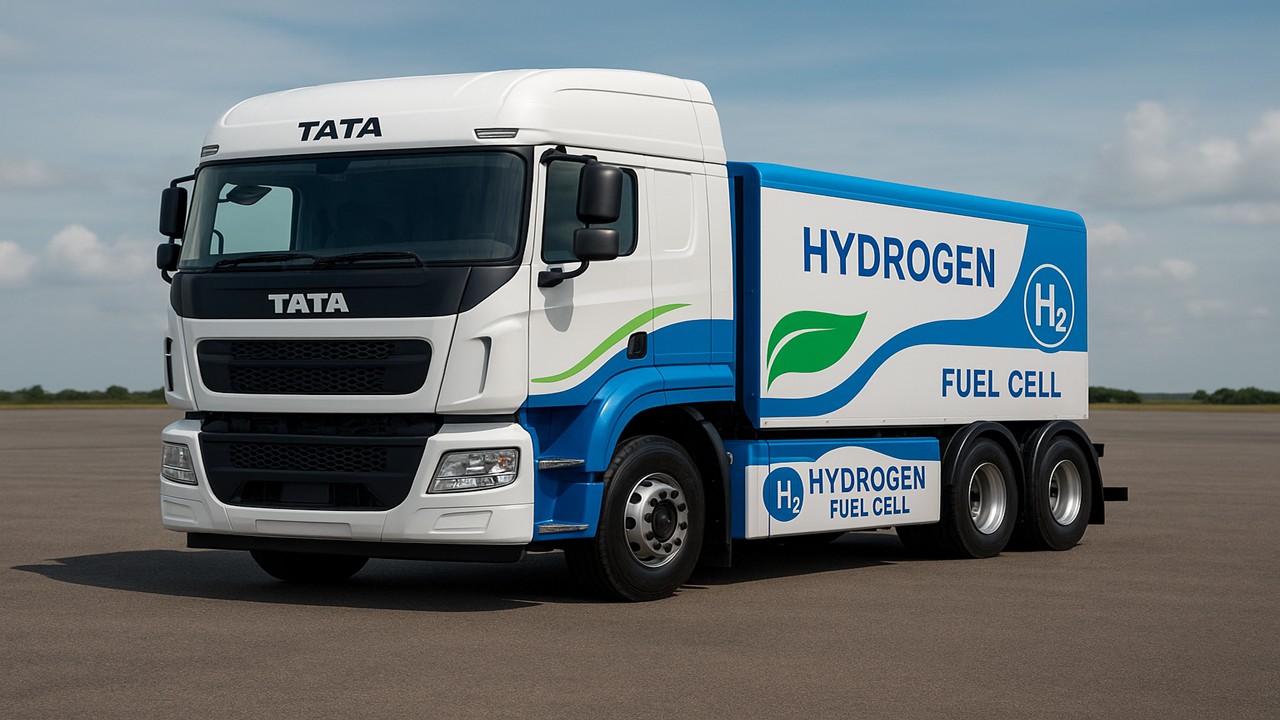
Introduction
Imagine you’re working on an important project, but suddenly, your computer crashes, and all your data is lost. What if there was a way to store your data securely, so you could access it anytime, anywhere? This is the magic of cloud computing. Cloud technology has completely transformed the way we work and has become almost essential in today’s digital world.
What is Cloud Computing?
Cloud computing is a modern technology where data, applications, and resources are stored on remote servers located on the internet, also known as “the cloud.” With this technology, users can access their files from anywhere and on any device through the internet. Think of it as a virtual storage space where you can keep all your digital resources securely.
In simple terms, instead of relying on your computer’s hardware, you rely on remote servers to process, store, and secure your data. This makes cloud computing a convenient, cost-effective, and highly efficient solution for businesses and individuals alike.
How Does Cloud Computing Work?
Cloud computing operates through a virtual network where multiple servers work together to store and process data. Here’s how the technology works in a few main steps:
- Data Storage: All data is securely stored on remote servers, often located in large data centers with the capacity to hold vast amounts of information.
- Processing Power: Cloud systems handle data processing without putting any load on the user’s device. This results in faster and more efficient software performance.
- On-Demand Service: Users can access data or applications whenever needed by simply connecting to the internet and retrieving it from the cloud server.
- Security and Backup: Cloud servers regularly back up users’ data and use advanced cybersecurity measures to protect it from unauthorized access.
Types of Cloud Services
Cloud computing is divided into three main categories based on the services offered:
- SaaS (Software as a Service): Allows users to run applications directly on the internet without installing them, such as Google Docs and Microsoft Office Online.
- PaaS (Platform as a Service): Provides a platform for developers to build and host applications.
- IaaS (Infrastructure as a Service): Offers infrastructure like servers and networking resources to fulfill a company’s IT needs.
Top Cloud Service Providers
Let’s look at some leading companies that provide cloud computing services and have made this technology an essential part of modern industry:
1. Amazon Web Services (AWS)
- Founded: 2006, launched by Amazon.
- Services: Amazon EC2, Amazon S3, Amazon RDS.
- Key Feature: AWS is a vast cloud platform used by companies like Netflix and NASA.
2. Microsoft Azure
- Founded: 2010.
- Services: Azure Virtual Machines, Azure AI, and Machine Learning.
- Key Feature: Azure offers enterprise-grade cloud services widely used by government institutions and organizations.
3. Google Cloud Platform (GCP)
- Founded: 2008.
- Services: BigQuery, Google Kubernetes Engine (GKE).
- Key Feature: GCP is popular for machine learning and AI services, used by companies like Spotify.
4. IBM Cloud
- Founded: 2011.
- Services: IBM Watson AI, IBM Blockchain Platform.
- Key Feature: IBM Cloud is particularly useful in healthcare and financial services.
5. Oracle Cloud
- Founded: 2012.
- Services: Oracle Autonomous Database, Oracle ERP Cloud.
- Key Feature: Oracle provides specialized solutions for the financial and enterprise sectors.
The Future of Cloud Computing
Looking at the speed and scale of cloud computing’s development, it’s clear that its importance will continue to grow. With this technology, industries are finding more efficient, flexible, and secure solutions for their IT needs. Whether you are a large company or a small startup, cloud computing offers affordable and convenient options for everyone.
Cloud technology is set to bring about a revolution in our lives, offering unmatched data security, processing power, and the ability to access information from anywhere, at any time.



